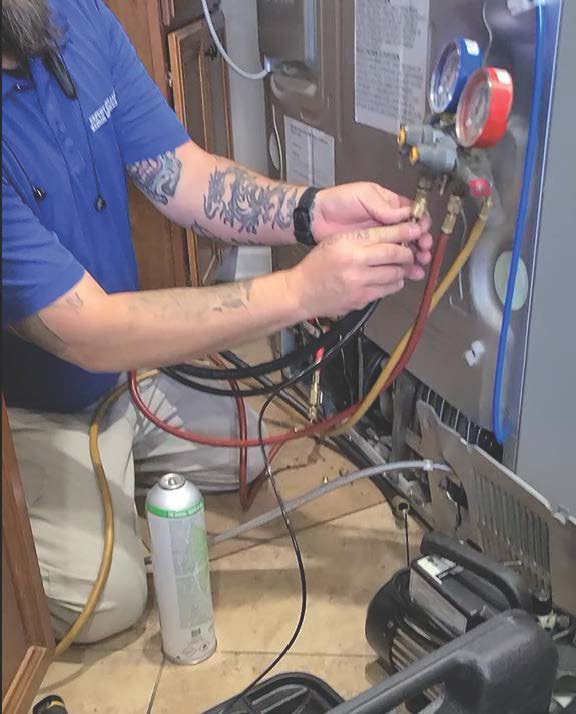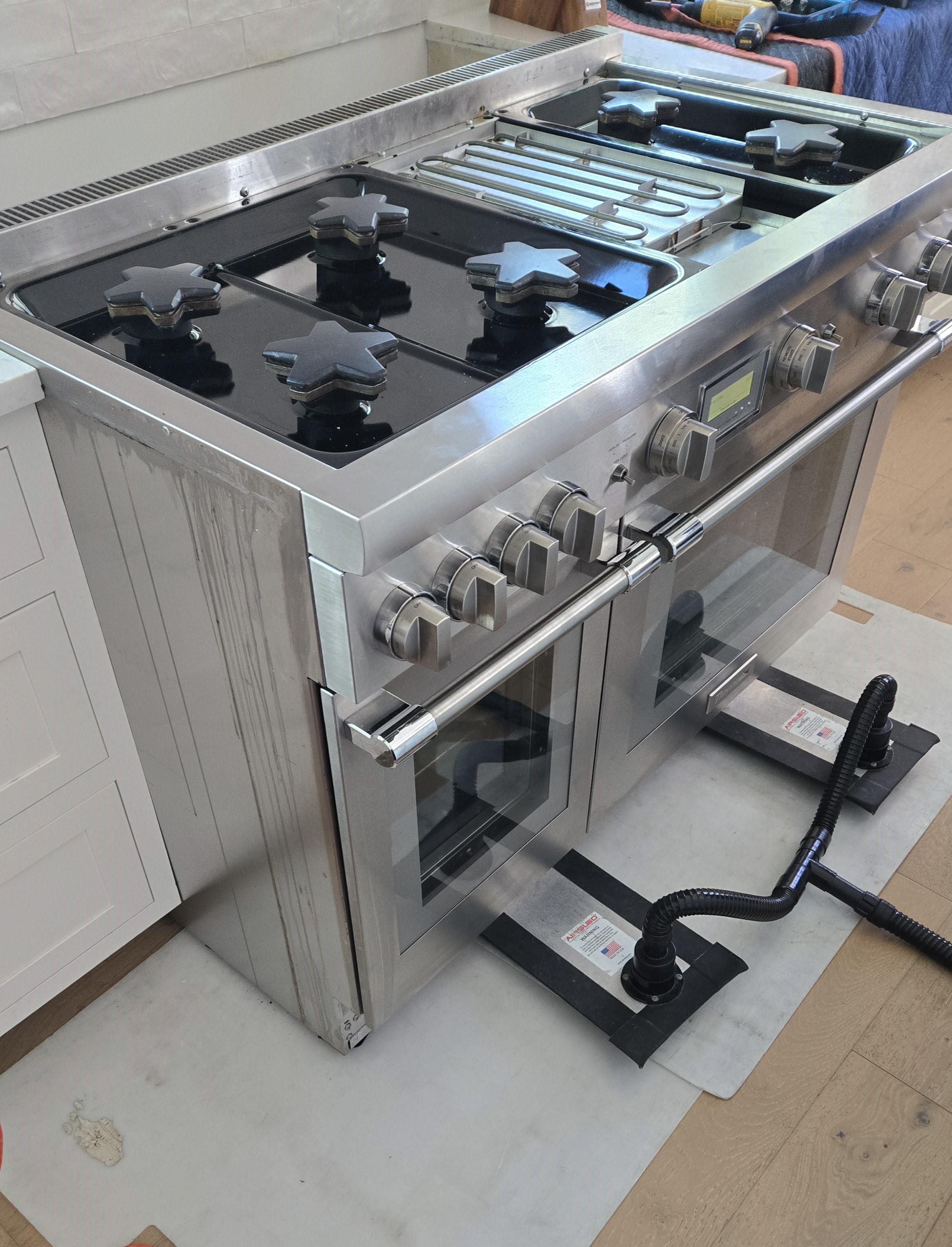
Request a call





| Job Description | Estimated Cost |
|---|---|
| Trip/Diagnostic fee | $125 |
| Minor Labor | $145 |
| Major labor Sealed System | $420 |
| built-in Refrigerator install | $820 |
| Propane gas leak detection | $145 Hour |
| Major/2Man | $290 |






